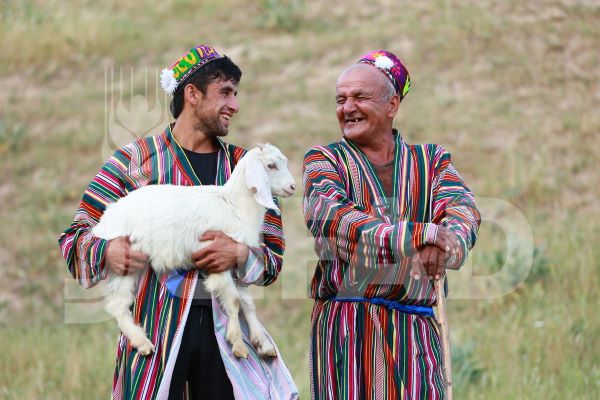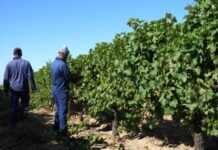In 2022, despite conflict, climate change and the continued stresses of the COVID-19 pandemic which threatened the food security and livelihoods of millions of rural people, the UN’s International Fund for Agricultural Development (IFAD) invested US$7.96 billion in rural areas in the world’s poorest countries, according to its annual report released today.
“2022 was a particularly challenging year for rural people the world over. Rural communities have acutely felt the effects of this triple crisis on their food systems, which are a critical source of livelihoods – as well as essential nourishment – for them, and for the millions of people who depend on them,” said IFAD President Alvaro Lario in the report foreword.
“We need to support rural people to cope with present crises. But we also need to invest in building food systems that can support and nourish their families and communities, and help feed the world into the future.”
The annual report captures the organisation’s activities, special initiatives and new funding sources as well as impact data. Analysis of the 2022 total rural development project portfolio reveals that 90% of core resources went to low-income countries (LICs) and lower middle-income countries (LMICS). IFAD has since committed to increase that ratio to 100% going forward. Data verification also showed that more than 90% of IFAD’s climate finance is invested in initiatives that enable rural people to adapt to climate change. In addition, it showed that more than half of project participants are women.
In 2022, IFAD launched the Crisis Response Initiative to protect livelihoods and strengthen resilience in 22 countries most in need as a consequence of the war in Ukraine. It focuses on tailored interventions to prevent hunger and food insecurity arising, while supporting sustainable food systems.
In 2022, impact data reveals that between 2019-2021, as a result of IFAD’s investments: more than 77 million people increased their incomes; more than 62 million people expanded their productive capacities; more than 64 million people improved their market access and 38 million people strengthened their resilience. IFAD is the only international financial institution that systematically measures the impact of its investments.
Assessments of the Rural Poor Stimulus Facility – IFAD’s COVID-19 response initiative launched in 2020 to help people survive pandemic-caused financial losses while protecting the global food supply – showed that at least three quarters of participants maintained or increased their levels of production and income, despite the impacts of the pandemic.
“Doing more to get more finance is critical; but we also have to continue to ensure that the people who need it most are the ones who benefit. This is another part of what makes IFAD unique, and we are maintaining our commitment to devote 100% of our core funding to the poorest countries,” wrote Lario.









[…] Source: farmersreviewafrica.com […]
Comments are closed.